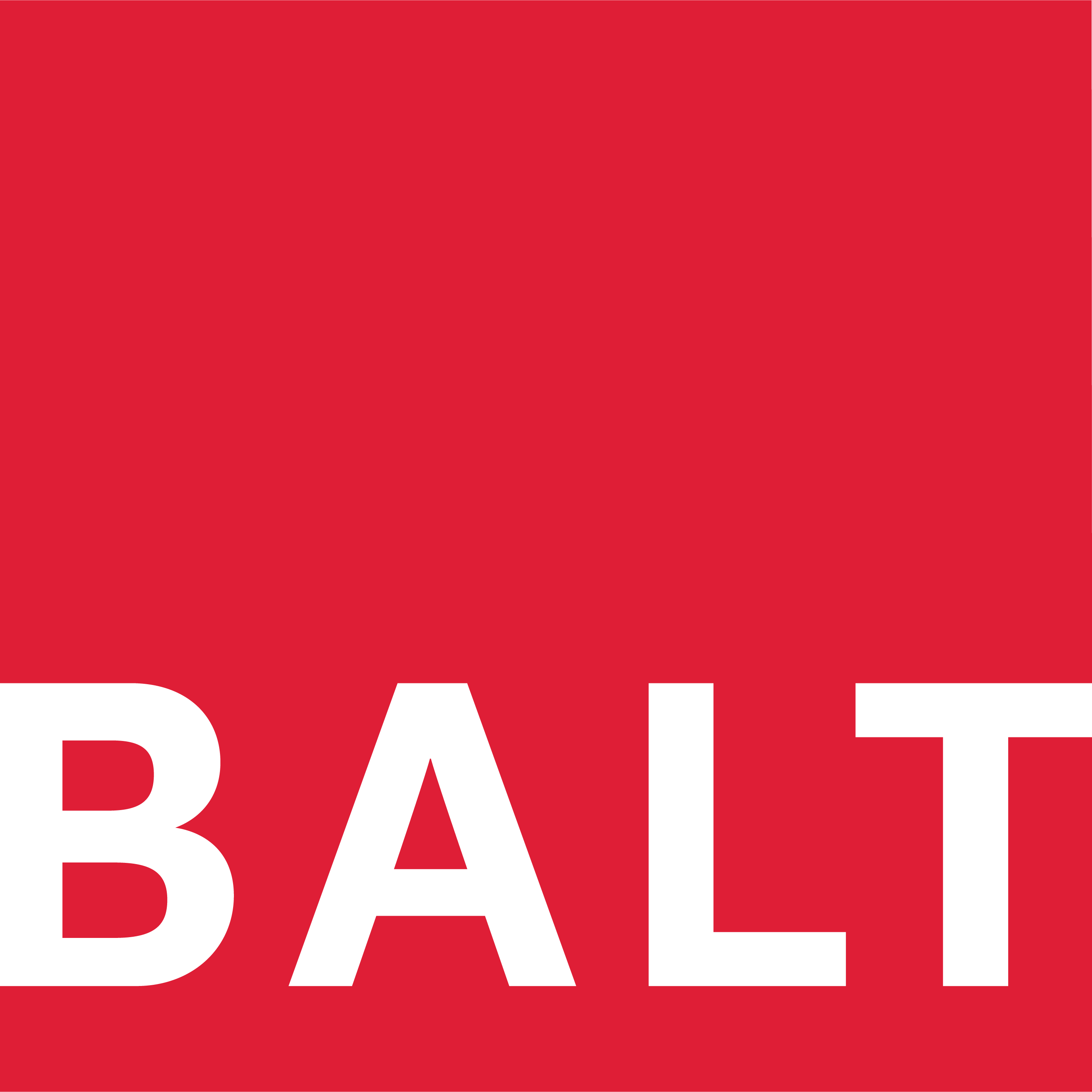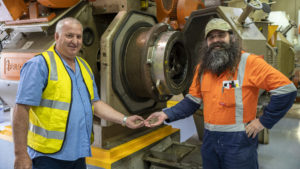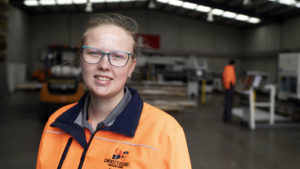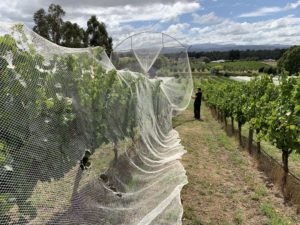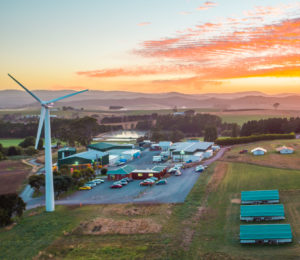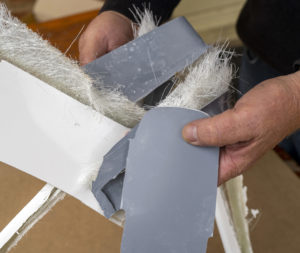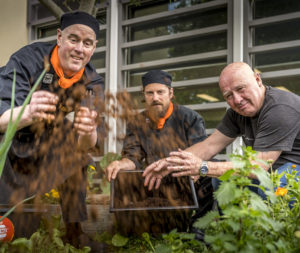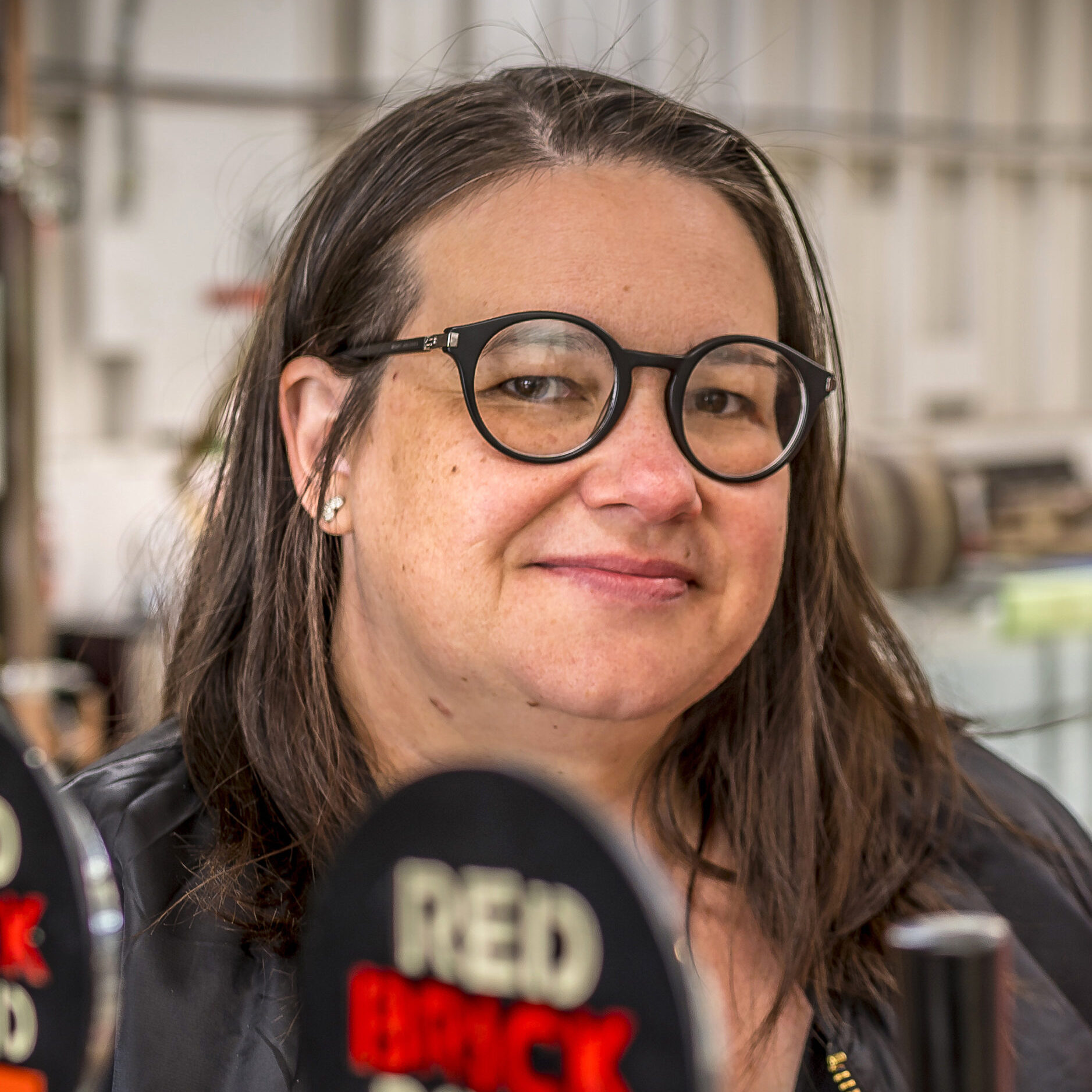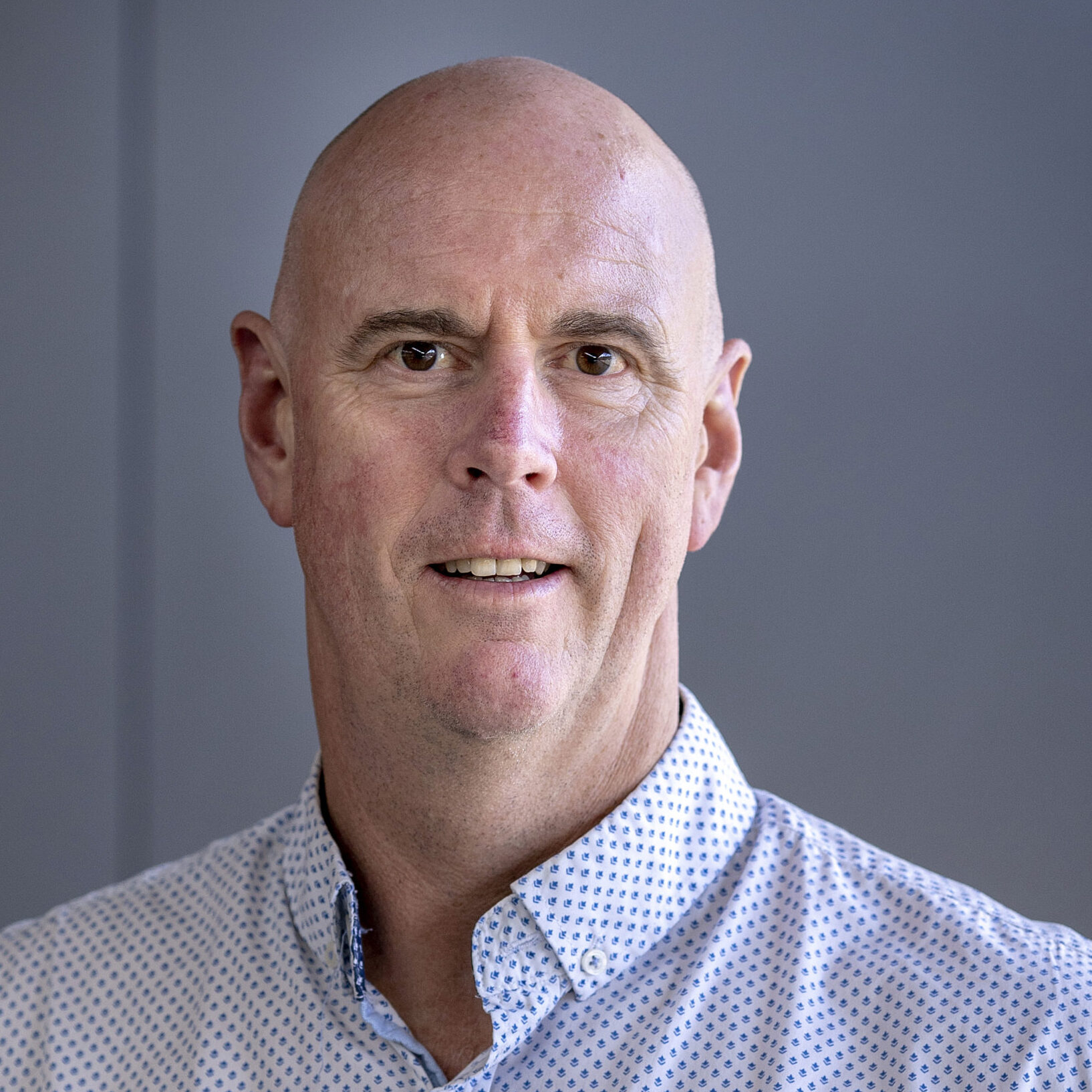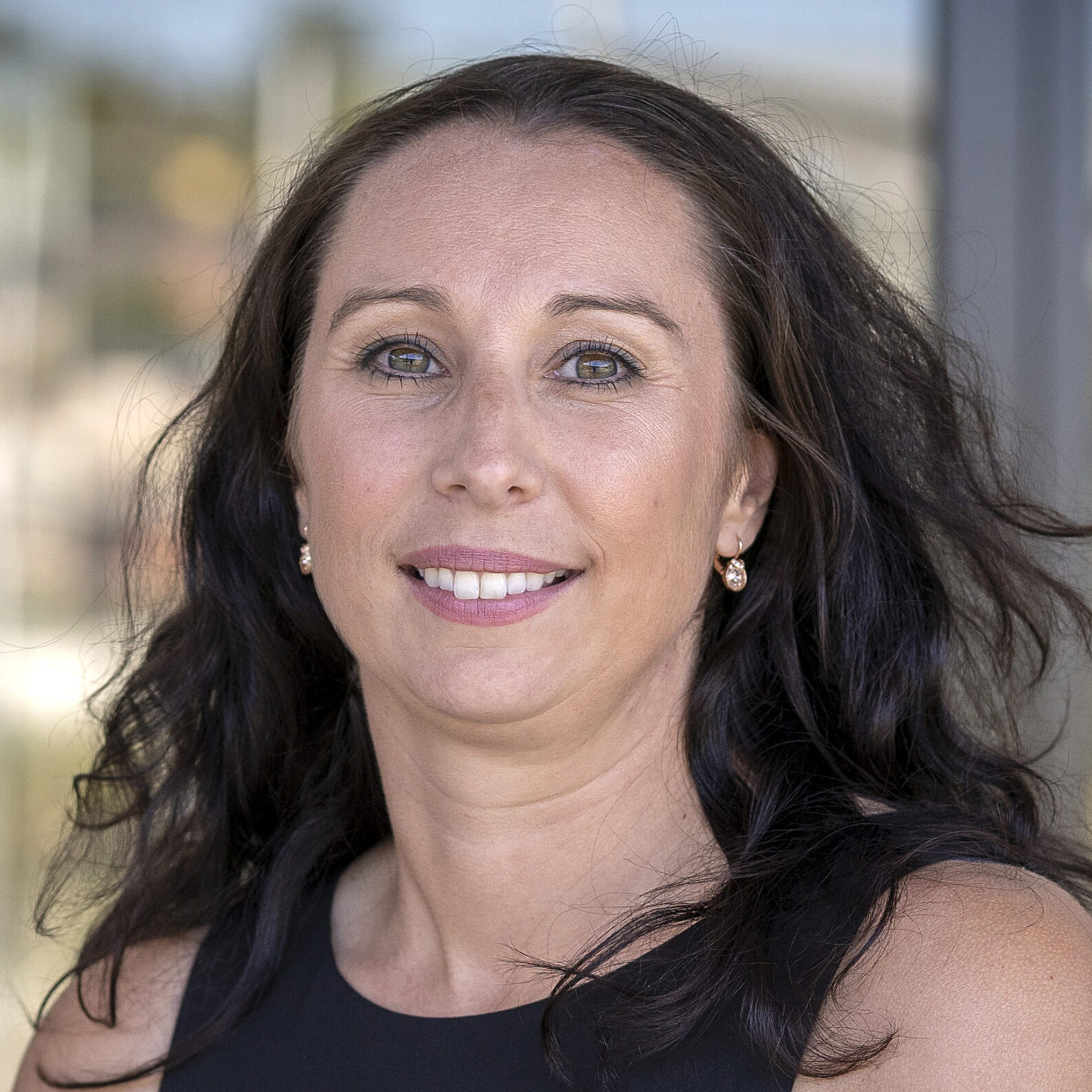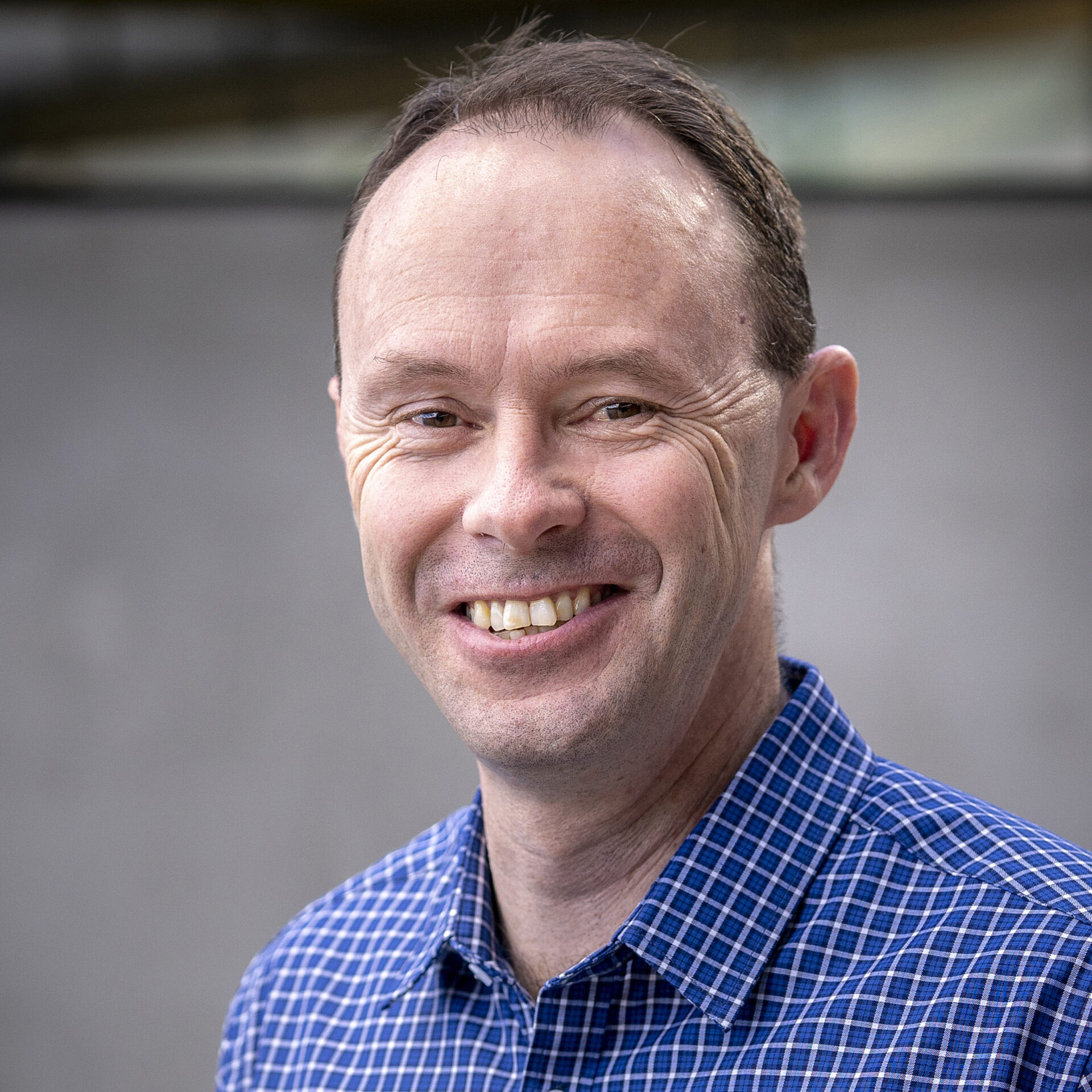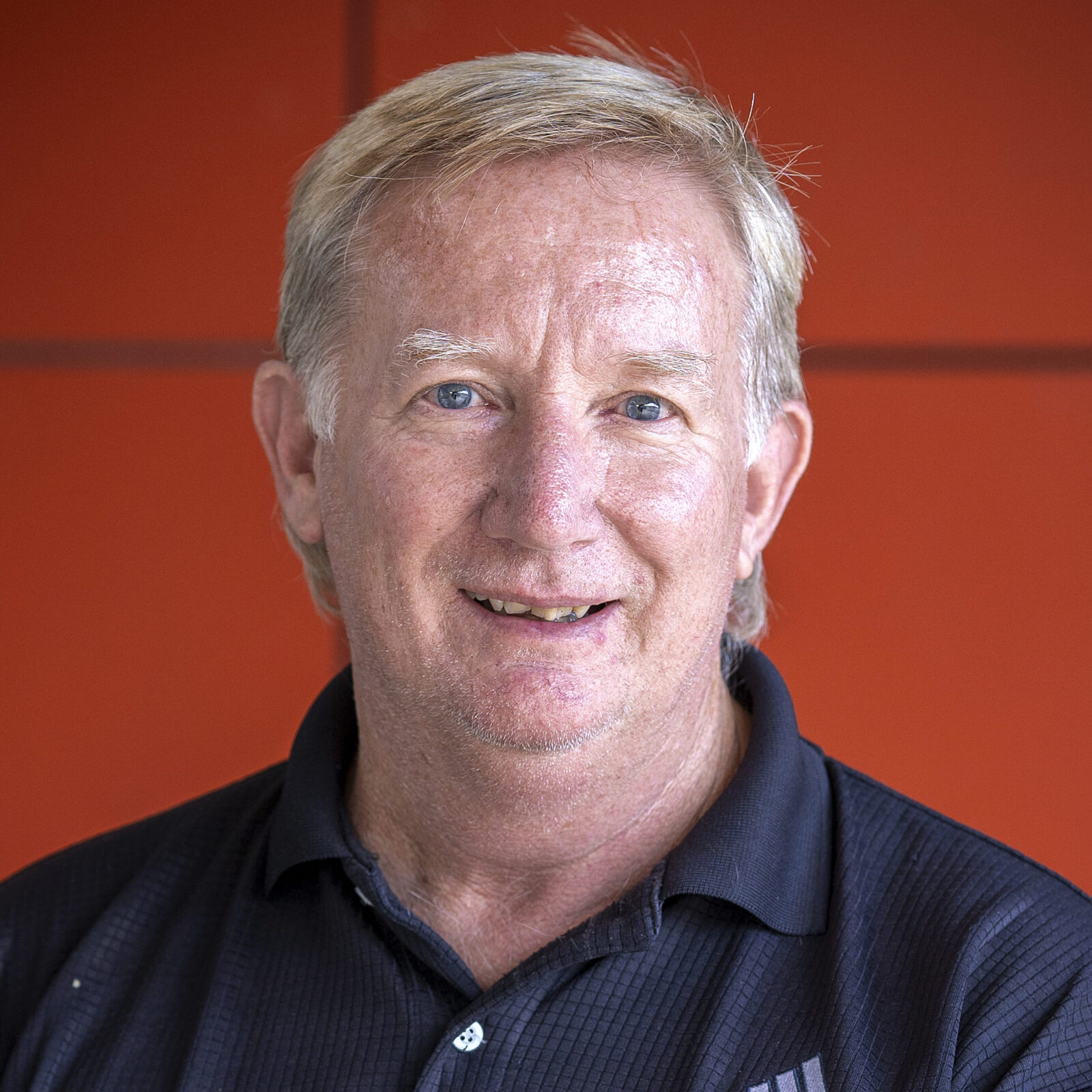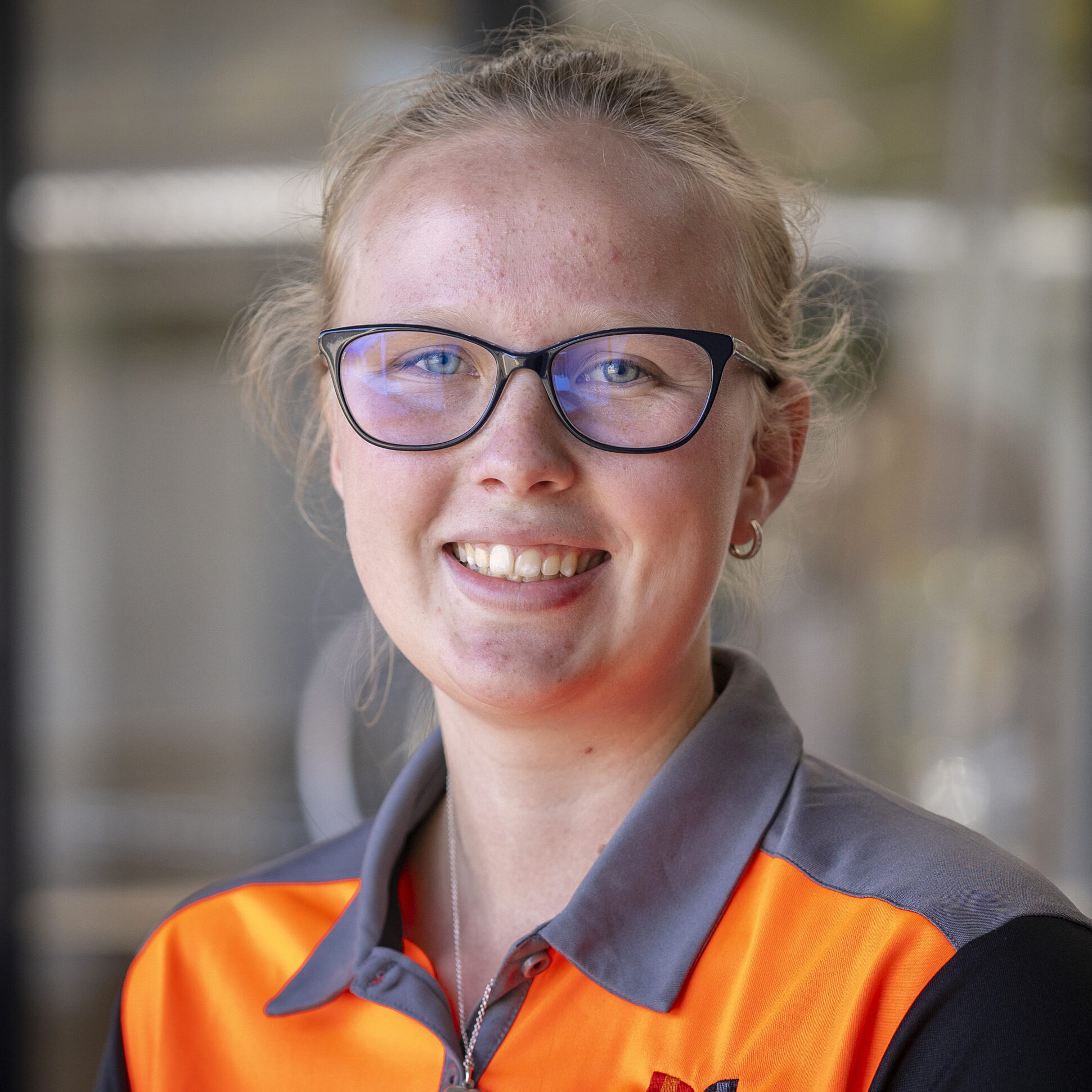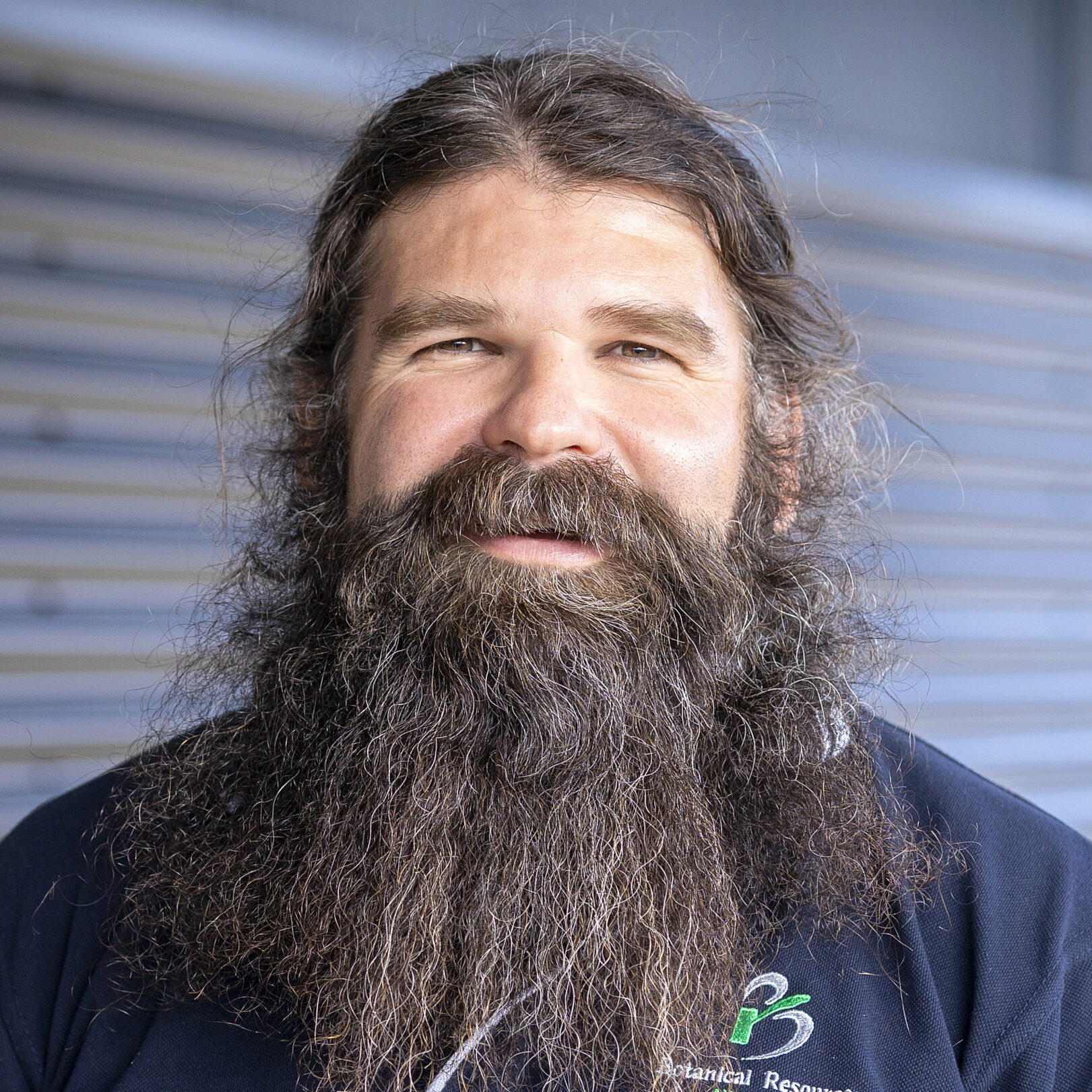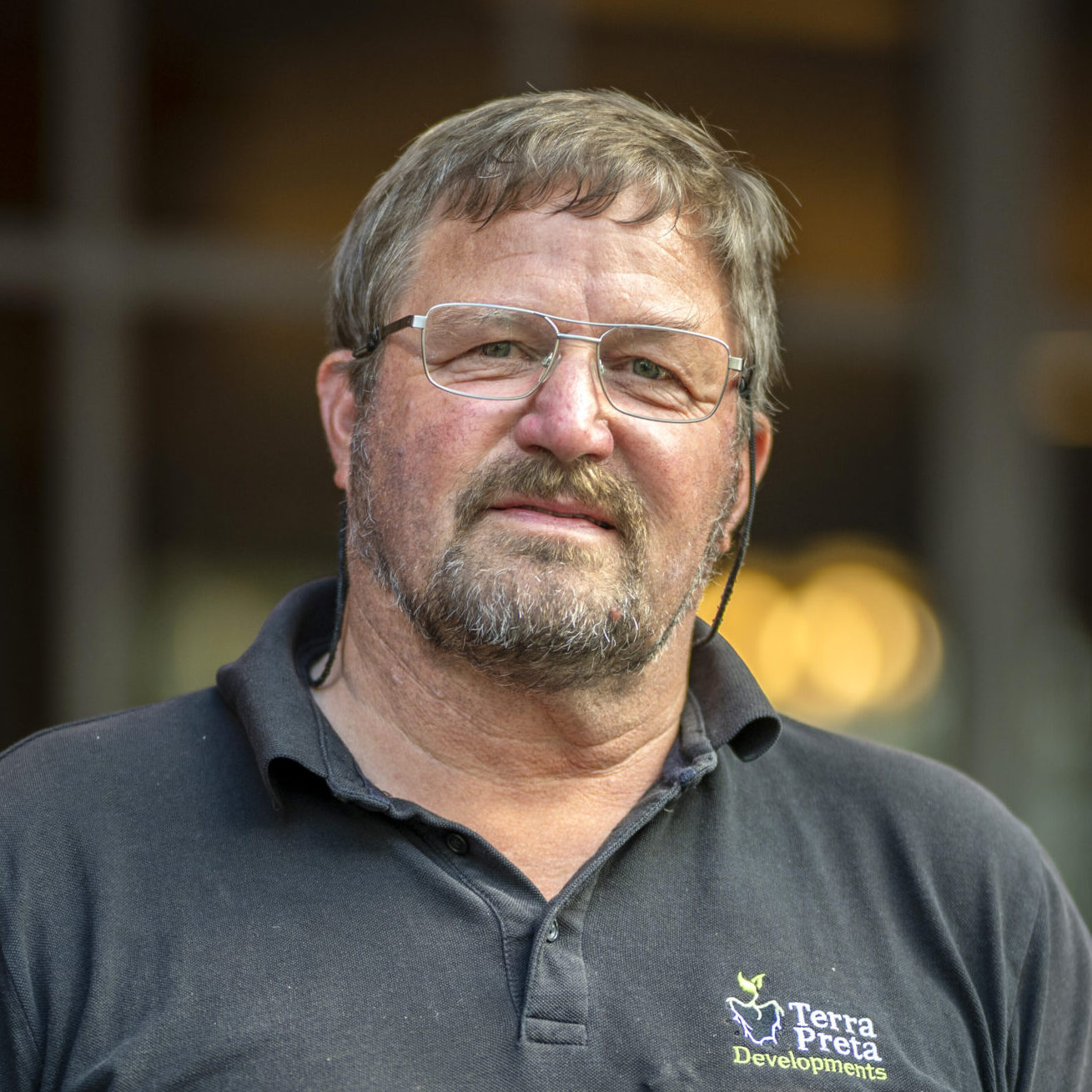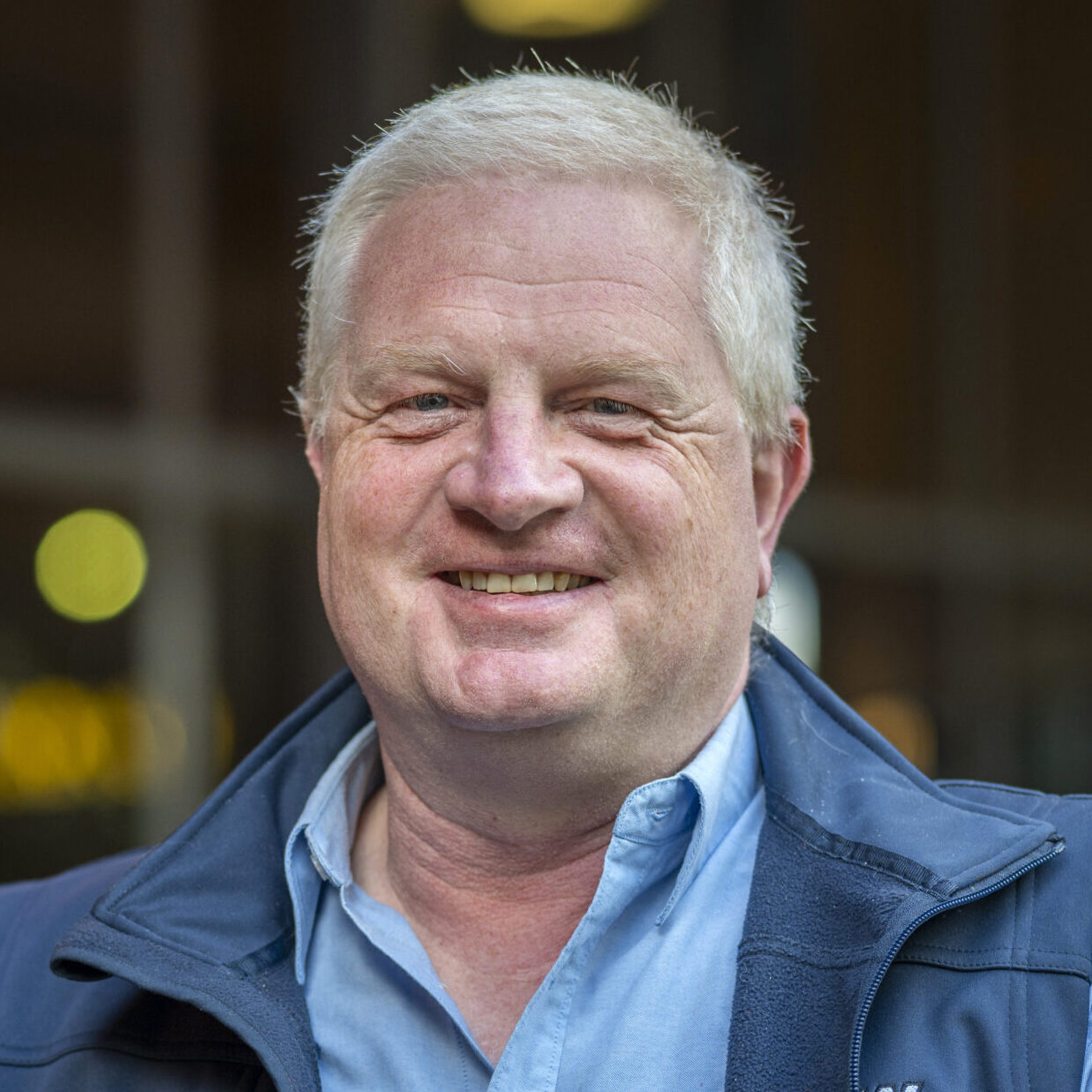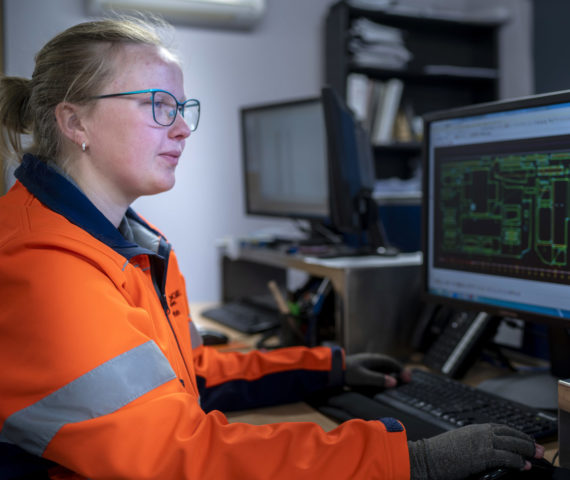
Material optimisation project
The materials used in production at Direct Edge Manufacturing (mild steel, stainless steel, aluminium) are highly recyclable and there are established systems in place for collection and recycling.
The business maintains a large inventory of offcuts to optimise value inherent in the material and reduce embedded energy in each product lifecycle.
The Project
Increase material yield and utilisation of sheet metal offcuts from CNC laser cutter utilising software to manage offcut inventory.
Seek efficiencies in the laser cutting process and reduce rework originating from programming.
Objectives
- Maximise the profitable yield of materials.
Targets
- Reduce scrapped metal by 50%
- Reduce off-cut inventory by 50%
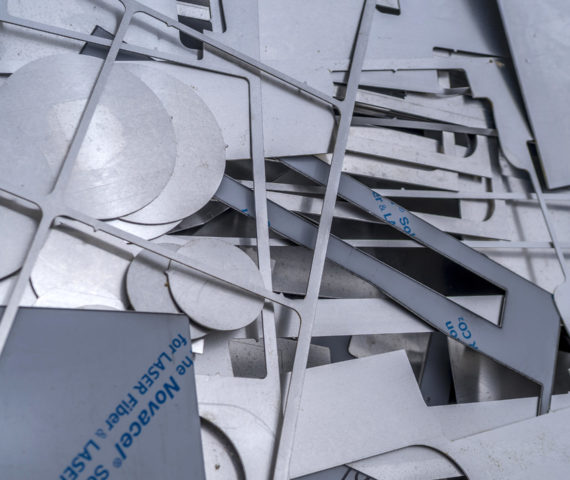
Approximately 93% of the waste generated from production processes is metal offcuts, which are readily recycled, with a well established secondary market. However, greater value can be derived by optimising material use during each lifecycle by utilising offcuts.
Outcomes
What was implemented?
- Google Sheets was introduced for real-time collaborative management of inventory by production and programming teams.
- Peer review of nesting drawings within programming team to promote improvement.
- Greater forward visibility for weekly scheduling to optimise nesting of parts on each sheet
- Regular combined team meetings to improve communication.
Key issues
- A big software solution was too expensive to implement; we needed a simple alternative.
- In small business, production equipment often takes priority over other upgrades, such as software, as this is where the most value is added.
- Getting information from suppliers and internal stakeholders took a lot longer than expected.
- We had to get both teams working together to support the improvements.
Performance against targets
- 50% less rework in programming overall
- 50% reduction in offcut inventory
Lessons Learnt
- A few small changes can make a big difference.
- Businesses everywhere have waste management issues but some of these could be solved through greater collaboration.
- Tasmania doesn’t have a very large recycling/waste industry compared with other regions.
- Metal products are relatively easy to recycle, compared to composite materials like fibreglass!
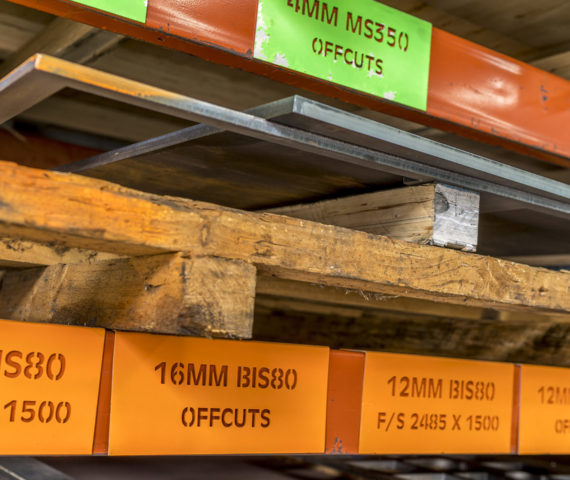
Offcuts created are recorded in a cloud-based database and stored in colour coded racks in the production area.
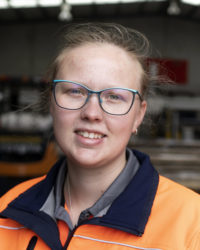
Bronte Richardson
Programmer
